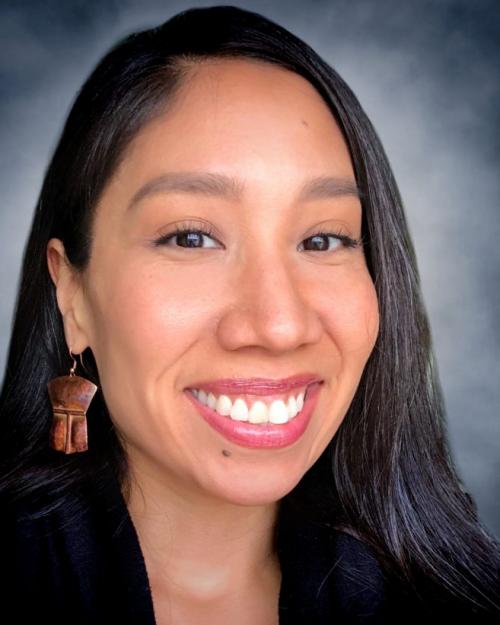Charlotte Logan is a doctoral student in linguistics from Syracuse, New York. After graduating from the University of Oklahoma as an undergraduate with a major in biochemistry and minor in Native American studies, she chose to pursue further study at Cornell due to its location in the Haudenosaunee homelands and the American Indian and Indigenous Studies Program.
What is your area of research and why is it important?
I’ve chosen to pursue linguistics in order to research and document Haudenosaunee languages, which are now critically endangered due to U.S. and Canadian policies aimed at displacing and assimilating Indigenous people.
What are the larger implications of this research?
My career goals are to strengthen Haudenosaunee language revitalization efforts through the development of research-based programming and coursework for the Endangered and Indigenous Language Program here at Cornell, but also the immersion programs within the Six Nations Confederacy.
What inspired you to choose this field of study?
My grandparents were Mohawk and Onondaga first-language speakers. Once they were gone, I had very few opportunities to hear the language in everyday use. I want our Haudenosaunee children, grandchildren, and future generations to have the opportunity to not only hear their languages, but to be able to speak them. They deserve to have more opportunity than both mine and my parents’ generation to be Mohawk, Onondaga, Cayuga, Seneca, or Tuscarora people. Part of making that happen is utilizing the tools and perspective that studying linguistics has afforded me.
What does it mean to you to have received a Cobell Graduate Summer Research Fellowship?
Cobell has given me the funding I need to carry out my research for things like equipment, language consultants, travel expenses, and translators. I am beyond thankful as the work I aspired to get done can now go ahead more efficiently.
What will this fellowship allow you to do that you might not have otherwise?
A lot of grants often come with requirements to deposit data to the institution that is funding the project. Cobell, since it is internal (funded by Indigenous peoples), does not require data deposits. This allows the ownership of the documentation to stay firmly within the Haudenosaunee Confederacy, which many Nation IRBs actually require.
What are your hobbies or interests outside of your research or scholarship?
I spend a lot of time outdoors with my family when possible, foraging for wild foods like morels, leeks, berries, or on Oneida lake kayaking or fishing.
Why did you choose Cornell to pursue your degree?
I chose Cornell because it was in the Haudenosaunee homelands, and I did not have to leave my speaker community or family to have access to an excellent education. I also knew that Cornell had the American Indian and Indigenous Studies Program, which means that I would also have access to a support network of fellow students, staff, and faculty.
Read the story on the Cornell University Graduate School website.




